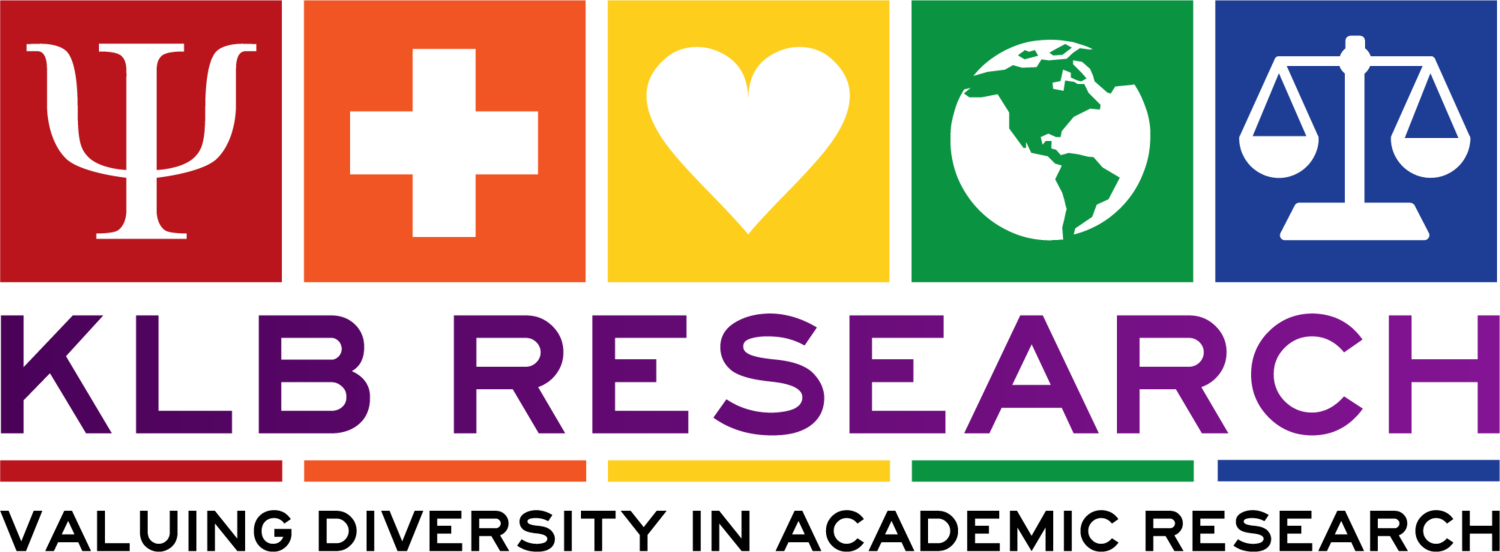This past year has seen an increase in hate crimes targeted at the LGBTQ community, and especially same-sex couples holding hands or engaging in other forms of public displays of affection, or PDAs. Nick Porto and Kevin Atikns, a gay couple living in New York city, were knocked to the ground and violently attacked in broad daylight while walking down the street holding hands. Michael Felenchak and Peter Nortman were attacked while leaving a movie theatre in Chelsea, an area of NYC known to be gay friendly; they too were holding hands. But these vicious attacks are not isolated to NYC, and not limited to the United States.
Hate crimes against LGBTQ individuals have been more prevalent in Canada as well. In Kingston, Ontario, a lesbian couple received death threats in the mail and in Toronto, an entire neighbourhood has been experiencing anti-gay vandalism for over two years - with no resolution in sight.
Although LGBTQ Canadians have enjoyed equal protections under the law and access to same-sex marriage for quite some time, day-to-day experiences of prejudice and discrimination still exist.
One of the most common instances that can lead to such experiences is the simple act of holding hands with the person you love. It’s an act that shouldn’t lead anyone to take notice, but it does. Some people react with happy smiles, but others react with looks of disgust, verbal assaults or physical aggression.
Is the solution to stop holding hands and effectively take our relationships back into the closet? Not many would agree to such a solution, and neither would I. One alternative is to increase safety for same-sex couples by reducing the prejudice that leads to hate crimes – the key to this solution lies in important new research.
Research has shown that affection is an important part of every relationship and that the simple act of holding your partner’s hand can improve your physical health and your ability to handle stress. Same-sex couples deserve access to those benefits and comforts just as much as any other couple, but what about when holding hands actually becomes the source of stress?
A new KLB Research study that will be conducted at the University of Utah will examine the health benefits of same-sex PDAs as well as the underpinnings of prejudice towards same-sex couples. The majority of research on LGBTQ issues focuses on the trials and tribulations of being a sexual minority and how LGBTQ individuals and communities can better “cope” with living in a heteronormative and discriminatory society. Much less research has actually thought to examine the problem from the other side – that is – the side that creates the heteronormative and discriminatory society in the first place. What exactly happens when someone sees two men or two women holding hands and subsequently reacts negatively or even with violence? This is precisely the question that we’ll be looking at in this new study.
What makes someone go from seeing gay, to seeing red? By using sophisticated measurements of stress hormones, skin reactivity, respiration and heart rate, we will be able to monitor the reactions of prejudiced individuals during the exact moment that they witness a same-sex PDA, such as two men holding hands or kissing. The information gathered from the study will help us, and other researchers, to develop more effective interventions aimed at reducing prejudice and subsequent hate crimes.
But there’s one hitch! The study requires additional funding before it can get started. Although I have personally committed to paying for ¼ of the study’s costs out of my own pocket, the remaining funds are being raised through crowdfunding (online fundraising) through a site called Microryza.com which specializes in raising funds for scientific research. Microryza makes it possible for individual members of the public offer donations to support research that they feel is worth while and in need of funding.
What could be more worthwhile than helping to reduce prejudice at the source? LGBTQ individuals shouldn’t have to learn how to cope better with the society in which they happen to live! On the contrary, the onus should be placed on society to learn how to embrace the diversity within it, treating all love as equal.
If you enjoyed this post, consider becoming a KLB Research Patron to help support our research and our ability to disseminate our results in accessible and free formats!
Follow:





